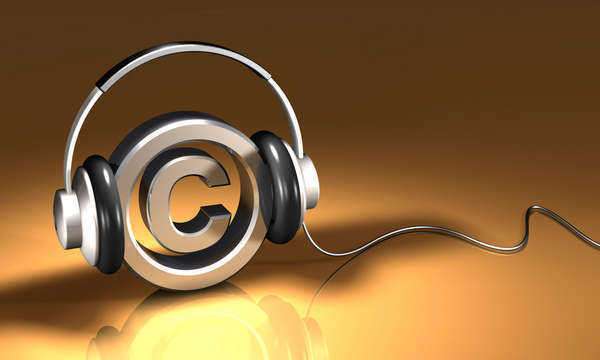The Digital Millennium Copyright Act of 1998: Anti Circumvention Exemptions
The Digital Millennium Copyright Act of 1998 is the attempt to regulate copyright infringement and piracy acts as they occur in modern times. With the growing availability and progression of technologies and science, criminals have the unfortunate access to implement criminal activity on a new level. Their technological understanding and ability to apply their scientific knowledge for illicit use and criminal activity is well documented and has been a growing concern and even tougher to regulate.
The Digital Millennium Copyright Act, or DMCA, is an attempt to control copyright infringing activity, particularly with its common occurrence and efficiency on the internet. Much of the criminal activity relating to copyright infringement deals with the circumvention of technological programs or software intended to prevent or protect copyrighted material from being infringed, pirated, or tampered with.
The DMCA is charged with the complex dichotomy of having to balance the availability of certain materials and information to those who seek to legitimately employ them, while allowing for restrictions and regulations to curtail and digress copyright infringement and piracy without imposing people's rights to such information.

Though the Digital Millennium Copyright Act has proven to be effective to an extent in its strict policies and legislature regarding circumvention, it does provide for certain copyright exemptions to specific individuals or factions that would benefit from access to such material and intend for its legal and righteous use.
The most obvious of these copyright exemptions is extended to members of law enforcement and other governmental factions appropriately authorized to circumvent these technologies and devices for purposes of intelligence gathering and other related governmental activities.
Aside from this general provision, there are six other copyright exemptions granted to particular organizations,individuals, or circumstances that may need to circumvent access control measures to obtain certain works and/or materials for lawful use:
1. Non-profit library, archive and educational institutions
2. Reverse engineering
3. Encryption research
4. Protection of minors
5. Personal privacy
6. Security testing
The first exemption is for non-profit libraries, archival facilities, and educational institutions. They are granted copyright exemptions on the basis that the reason for circumventing technology measures is for the sole purpose of determining and analyzing the copyrighted work or material for their eventual inclusion to their collection.
The provision assumes that such circumvention is necessary in order to evaluate the work properly, and thus, if decided to have access, will do so by undergoing the necessary authorization processes for their legal attainment after such evaluation deems access necessary.
Another copyright exemption exists for the purpose of reverse engineering. Certain organizations may need the authority to circumvent technological measures implemented on computer programs or software for the purpose of analyzing or identifying any particular use with or compatibility with other programs already available. Sometimes, certain devices or technological means for circumvention may need to be developed and created for such a purpose, which is also covered under this copyright exemption.
However, such individual or organization must have the proper authorization before circumvention of the protective means is undertaken with the sole intention of analyzing the components and functions of the software or program and not for other purposes deemed illegal or infringing under copyright law
Encryption research is one situation that would deem the circumventing of protective means, simply because of the very nature of the circumstance. Therefore, such a copyright exemption is granted. This permits for the proper study, analysis, and assessment of all types of encryption technology being employed in various settings.
The situation may deemed crucial for certain organizations such as banks to test their security measures for any possible flaws that criminals may exploit for illegal purposes. The circumvention of the protective measures, therefore, becomes necessary in order to evaluate the security measures themselves.
The protection of minors is also a copyright exemption for the purpose of limiting and restricting the material that is available to children on the internet. There is much explicit material to be accessed through various means on the internet and certain types of circumvention measures may have to be implemented by denying or restricting a particular aspect of a program or computer software that would modify its original content, thus, being copyright infringement. Such circumvention measures for the protection of minors is now being implemented as part of the programs themselves as technology progresses.
The situation is similar for the personal privacy copyright exemption. The Digital Millennium Copyright Act allows for certain circumvention measures to occur if the device or method implemented for such protection of access of the copyrighted material is capable to collect personal information of the user and/or his/her internet activities while seeking access to the material or works.
Lastly, security testing also warrants a copyright exemption because circumvention of technologies is necessary in order to evaluate the system's efficiency and correct function. Similar to encryption research, the testing of a computer and its networks for flaws may be crucial and the use of circumventing methods is allowed in order to determine and evaluate the safety capacities.
All copyright exemptions are granted under the Digital Millennium Copyright Act with the assumption that the participation of technology or security measure circumvention is for the purpose of accessing the protected copyrighted material for lawful purposes and righteous intentions. Any digression toward illicit activity while exercising such exemptions renders it void and the penalties are subject to copyright and criminal laws.